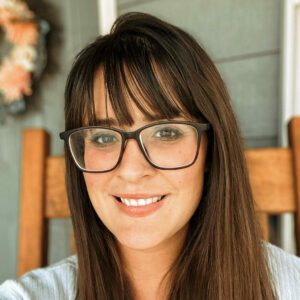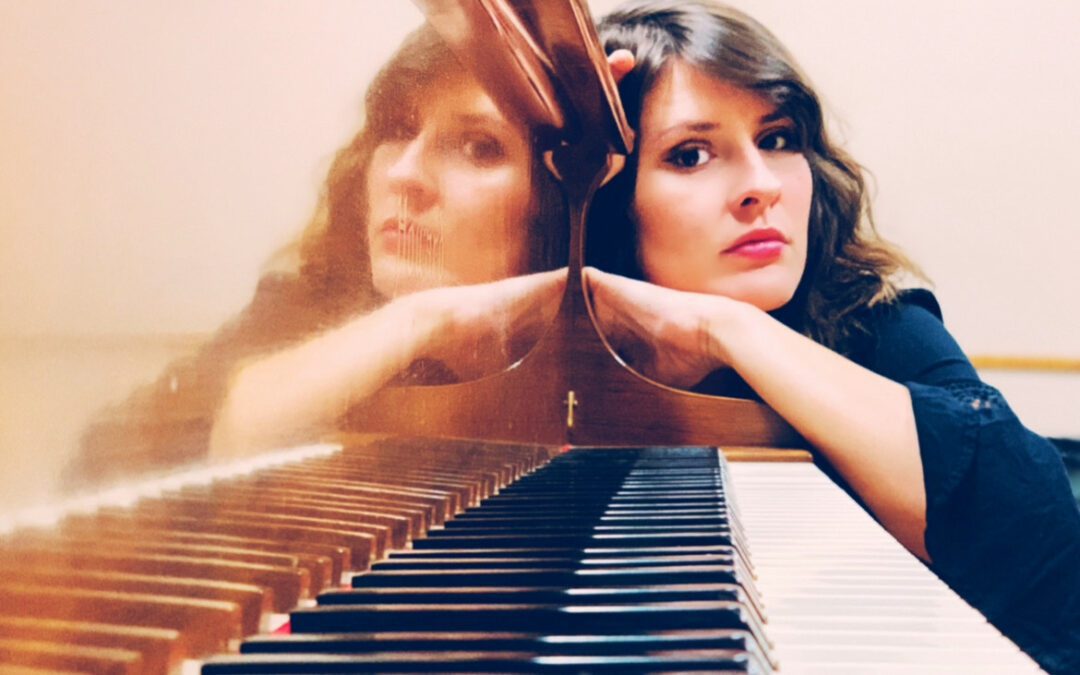Why can’t I write worship music?
I used to ponder this question over and over in my mind as a songwriter for a record label. I had gained the ability to quickly create songs for advertisements and movies, writing about products and scenarios that had nothing to do with my lived experience.
Happy, cheery music for a commercial? No problem—even if I was feeling down. Something darker or mysterious, even if I wasn’t feeling that way currently? I could crank it out in a matter of hours.
But as a devout Christian (and worship leader), I found that writing worship music was frustratingly difficult. It was so disappointing to sit at the piano and try to put prayer-like words to music in times of sadness or anger or joy. I’d wonder, why can’t I pray and put it to music the way I could write songs professionally?
Why can’t I pray and put it to music the way I could write songs professionally?
But somewhere along the line, I realized that often the more I used the words “God,” “Jesus,” or “holy,” the less safe I felt within my own song, and the more I felt I had to say the “correct” things to honor God in my writing. So, for the most part, I just stopped trying.
And yet, some quiet part inside of me began to realize the worship was always there. Always. And it was always seeping out through the lyrics in my professional work in one way or another. For example, people often commented on how many love songs I wrote for my label and how so few seemed to be about my partner.
“Ah, they are just made-up characters,” I’d explain. And while that wasn’t a lie, I started to realize it was more than that. They were real characters—me and my God.
Nobody caught on because nobody else talked to God that way—and certainly nobody caught me praying that way in church or at family meals. What would prayer like that even look like?
But I could be brutal in a song. There could be blaming, anger, consuming hunger, and questioning, and it would all come rushing out the minute I stopped using the words “God” or “Jesus.”
* * *
Deconstruction to me has felt very much like that realization I had about my songwriting—the religious labels we use without thinking were stifling my expression with—my relationship with—my own faith and God.
The very boxes that my experience of the divine had come in were the boxes that kept me from touching the Divine most fully—these names and titles that carried so many connotations that, even as a professional songwriter, I could not overcome easily when trying to write about it all.
The very boxes that my experience of the divine had come in were the boxes that kept me from touching the Divine most fully.
As I currently wrestle with what I believe and what I “consider” myself as far as labels go (Christian? Agnostic? Spiritual?) I try to remember the truth and safety of writing a song without Christian lingo.
See, songwriting has become a real safe space for me. No feeling or assumption I bring to a song can inherently be “wrong.” It’s a world all its own, where it’s safe to simply feel and interact with relationships and situations I’m facing without judgment.
For those of us who wrestle with labels and Christian lingo in deconstruction, I would encourage us to try and think of it in a new way. To stop worrying so much some days about our relationship with “God” or our “faith,” and instead perhaps start simply living. To stop trying to get our theology (or lack of it) articulated so crisply, and to simply start sitting and asking, what are the tasks in front of me today? How can I love well today? Where is my attention being diverted from what matters?
And I suspect, just as with my songs, for many of us, in time we will look back at these “secular” moments and realize they were no less holy than the moments before deconstruction, where we had more defined concepts and terms for what we were experiencing.
Perhaps, in a way, these moments are more holy because they are more authentic. Less scripted. Raw.
My hope for those who have a difficult time finding a safe space of community outside of themselves when deconstructing is that you will be able to tap into this place within you as well.
A place without labels or judgment or expectation. And once there, just explore.
There’s a safe place for us, often within us, and it’s a place worth seeking out while traversing the muddy waters of deconstruction.
This article was a guest post from Liz Mall, host of the Deconstructing the Myth podcast, which has been a wonderful partner with Lake Drive Books.

Liz Mall, MA, of Christian Apologetics, is the host of the Deconstructing the Myth podcast and a songwriter with Polychord Records. She enjoys yoga, poetry, philosophy, and a good cup of coffee. She lives in Kansas with her husband and three children.


